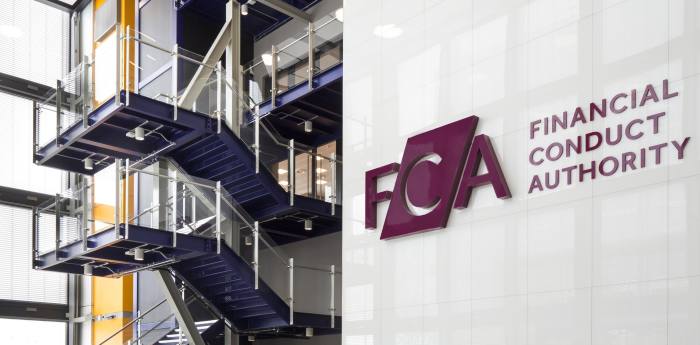
The defined benefit transfer advice market has started to show signs of improvement with the number of transfers, including insistent client transfers, dropping, the City watchdog has said.
DB transfer market data from the Financial Conduct Authority, covering October 2018 to March 2020 and published today (January 18), showed a significant fall in conversion rates - the number of clients who were advised to transfer from the total number of clients advised.
This, it said, indicated its actions were having an effect and that firms are heading its message that, in most cases, a transfer is not in the client’s best interest.
However, the number of advice firms operating in this area has also continued to fall as insurance costs and regulatory changes have taken their toll.
Since the period from April 2015 to September 2018, the conversion rate for recommended transfers has declined from an average of 69 per cent to an average of 57 per cent between October 2018 and March 2020.
The FCA said the conversion rate when triage was involved has declined from a peak of 58 per cent in 2016/17 to 43 per cent in March 2020.
When triage services were taken into account, an average of 46 per cent of clients were recommended to transfer between October 2018 and March 2020, compared with an average of 55 per cent between April 2015 and September 2018.
But despite transfers recommendations dropping, 69 per cent of firms providing transfer advice recommended 75 per cent or more of their clients to transfer.
However, the FCA noted that a large proportion of these firms had advised on relatively few transfers.
In addition, 121 firms (9 per cent of the firms that gave DB transfer advice) allowed transfers for 2,936 insistent clients.
Meanwhile, 63 firms (5 per cent of firms with DB permissions) reported they had used unauthorised introducers and 785 firms (60 per cent of firms) used contingent charging between October 2018 and March 2020, something which is now banned in most scenarios.
From April 2021, all firms with the DB transfer permission must report this data on a six-monthly basis.
PI and market shrinkage
The regulator also revealed that the number of active firms in the pension transfer market had declined from 2,426 firms in 2015/18 to 1,310 firms in 2018/20.
But there were 103 (6 per cent) new entrants to the market. Overall, the regulator said there were currently 1,521 firms with DB transfer advice permissions.
The FCA said the reduction in firms could be as a result of not having adequate professional indemnity insurance for this form of advice, while other firms have given up their permissions as they had not used it for an extended period.
Following its data request in July 2020, 1,191 firms (91 per cent of firms with permission) held PII and of these, 364 firms (28 per cent) had an active PII policy with exclusions.
But worryingly it also found 119 firms (9%) did not hold the relevant PII cover.
The FCA stated: “We expect that all firms providing DB transfer advice have appropriate PII cover in place, in line with our rules. If they don’t, they must not carry out DB transfer advice.





